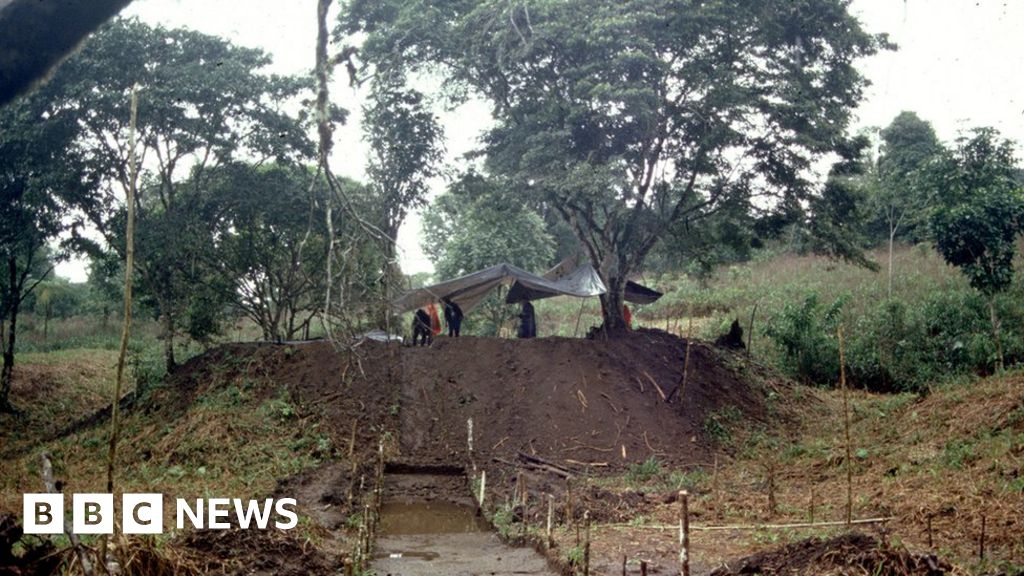I know those fulfilment centers are big, but I wouldn’t expect them to be so big you could lose an entire ancient city in one. 🤔
This is prime humor
Love how ‘everyone just knew’ there weren’t any large ancient civilizations in the Amazon even though they’d never bothered looking. Glad someone is finally setting the record straight.
And all it took was to cut down the forest
Headline: “huge ancient city”
Article: “mounds”
?
Thats what happens to a city taken back by nature and lying undisturbed for 500+ years… there is a reason why the only preserved Roman ruin cities are in the Sahara or next to the Mount Vesuvius
Jungle is the absolute worst place for preserving an ancient city.
Yeah it’s not really their fault I guess, “huge ancient city” just conjured images of ruined buildings and stuff, that’s all. Made me laugh
They’re there, under 500 years worth of dirt.
That’s just not true, Roman ruin cities were/are being excavated in many places
But those are not fully preserved, they have been built over and/or flattened by people
The settlement is right at the border of what would be controlled by the Inca government, two millenniums later. It shows that there’s some decent access to the region from the west than you’d be led to believe, with the Andes in the way.
As such, if they find other cities further east, I’m predicting that, culturally speaking, they’ll resemble nothing this one; even if they happen to be roughly the same size.
People ate maize and sweet potato, and probably drank “chicha”, a type of sweet beer.
“If you don’t have chicha, any small thing will do.” (reference to a certain song)
Serious now. Potentially yucca too - it grows right next door, and if they got maize from North America then they likely traded for crops.
The area lies in the shadow of a volcano that created rich local soils but also may have led to the destruction of the society.
Oh I’m sure it was just a result of the city state finally pissing off it’s client peoples enough to lose it’s tributaries and getting wiped out by it’s neighbors.
You don’t put 100k people in one place by being nice.
This is the best summary I could come up with:
The houses and plazas in the Upano area in eastern Ecuador were connected by an astounding network of roads and canals.
The area lies in the shadow of a volcano that created rich local soils but also may have led to the destruction of the society.
While we knew about cities in the highlands of South America, like Machu Picchu in Peru, it was believed that people only lived nomadically or in tiny settlements in the Amazon.
The scientists also identified causeways with ditches on either side which they believe were canals that helped manage the abundant water in the region.
“Imagine that you discovered another civilisation like the Maya, but with completely different architecture, land use, ceramics,” says José Iriarte, a professor of archaeology at University of Exeter, who was not involved in this research.
Prof Rostain says he was warned against this research at the start of his career because scientists believed no ancient groups had lived in the Amazon.
The original article contains 760 words, the summary contains 162 words. Saved 79%. I’m a bot and I’m open source!
If only they didn’t go to the kukuias…
Move evidence that main stream archeological science will do anything to not accept.







